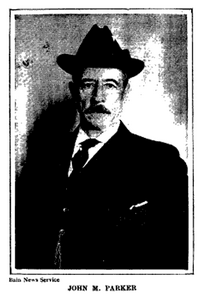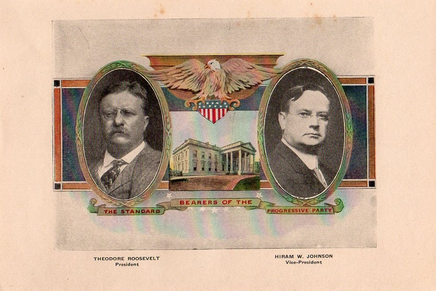Wesley Kanne Clark Sr., December 23, 1944 (Chicago, Ill.) -
VP candidate for Proletarian Jeffersonian Party (2008)
Running mate with nominee: Mark Shane Robinson
Popular vote: 0 (0.00%)
Electoral vote: 0/538
The campaign:
Mark Shane Robinson, who apparently lived in the American Inn of Hemet, Calif., filed for President with the FEC on Oct. 20, 2007 with the Committee to Elect Mark Shane Robinson and General Clark. The address was given as "General Delivery, Hemet, CA" and the Committee's email address was that of the American Coaster Enthusiasts, a webpage for roller coaster fans.
Also on the form the campaign treasurer and keeper of records was given as the ACLU. Robinson's Proletarian Jeffersonian Party seemed to be described as "Bull Moose Party, Theodore Roosevelt," and the other candidate on the ticket is named as "General Westley Clark."
General Wesley Clark had made a run for President in the Democratic primaries in 2004 and had actually won the Oklahoma contest. He was considered a potential contender for the 2008 nomination but on Sept. 15, 2007 he endorsed Hillary Clinton. After Sen. Clinton dropped out he endorsed Barack Obama. Some felt he was angling for a VP spot in the event Clinton had won the nomination, but instead he landed as the running-mate for Mark Shane Robinson. One wonders if General Clark even knew about it.
Around this same time Clark's memoir, A Time to Lead: For Duty, Honor and Country, was published and made headlines due to some narratives involving the US military involvement in the Mideast and critical contentions regarding the policies of the George W. Bush administration.
The Robinson/Clark ticket failed to materialize on any state ballots or as registered write-ins.
Election history:
2004 - Democratic nomination for US President - defeated
Other occupations: US Army general, lecturer, author, investment firm, board of directors Atlantic Council, reality television host
Notes:
West Point graduate, Rhodes Scholar, wounded in Vietnam.


























